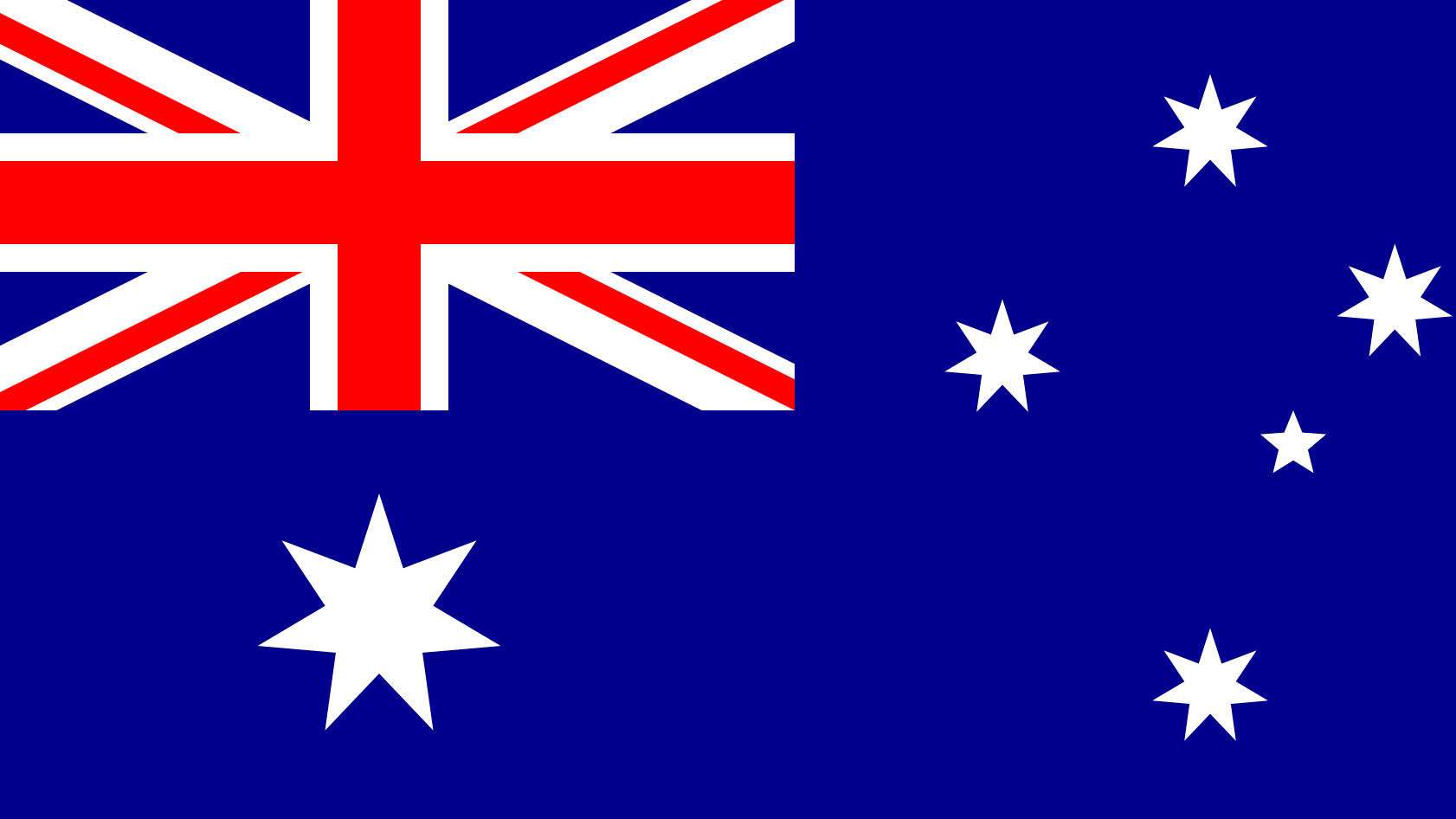A software owned by major Australian banks is reportedly being trialled as a tool to enforce the social media ban for teenagers that will come into effect in December, according to a Reuters report.
ConnectID is a digital identity verification tool developed by Australian Payments Plus (AP+), a consortium that includes major players such as CommBank, NAB, ANZ and Westpac which enables users to verify their identity using data from a number of trusted institutions such as banks without sharing physical documents.
For age verification, ConnectID can confirm whether a person is over a certain age threshold based on their bank account details, while maintaining user consent and privacy.
The technology is now being proposed by Singapore-based provider k-ID as a two-tier solution for age verification. K-ID, which specialises in facial age estimation is a technology which estimates age with impressive accuracy, with an average deviation of 1.1 years according to the firm.
According to k-ID, social platforms are now testing this combination to ensure that users meet age requirements, Reuters reported. Reuters added k-ID declined to specify which social media firms are currently testing the combined technology.
This partnership could redefine how digital platforms handle age restrictions, particularly in gaming and social media, by offering scalable, privacy-focused verification that does not rely on traditional identity documents.
ConnectID said it offers a standalone solution for social media bans in Australia, but that it could be integrated with k-ID. It added that no customers have yet requested assistance with social media bans, Reuters reported.
The Australian company links a website to the user’s bank account, which sends an anonymous signal confirming whether they are over a certain age. Since most teenagers have a bank account, ConnectID provides an accurate reading in case the facial estimation tool makes a mistake, the company said.
“It’s something we’ve been doing with major partners over the last couple of years across any ID,” said ConnectID managing director Andrew Black in an interview.
“Age assurance and social media is an interesting inflection point for that.”
The government has said that social media companies should offer increasingly accurate options for users to confirm their age, requiring platforms like YouTube, TikTok, and Instagram to implement robust age verification systems to protect children from harmful content.
In June, Australia’s eSafety commissioner and YouTube engaged in a public dispute over the platform’s potential exemption from the upcoming social media ban for under-16s.
The Australian government had initially proposed exempting the Alphabet-owned video platform due to its educational and health content. However, eSafety commissioner Julie Inman Grant recently reversed this position, citing research showing YouTube as the most frequently reported platform for harmful content among 10-15 year olds, with 37 per cent of children reporting exposure to such material.
Grant criticised YouTube’s recommendation algorithms, stating they lead young users into “rabbit holes” of potentially harmful content. She emphasised there should be “no exemptions” when the legislation begins enforcement, according to Reuters reports.
“This isn’t a fair fight when it comes to protecting our children from social media platforms,” Inman Grant told the National Press Club in Sydney.
In November last year, Australia approved legislation banning children under 16 from using social media, setting a global benchmark for regulating digital platforms.
The Social Media Minimum Age bill, passed by the Senate with 34 votes to 19, will force tech giants including Meta, TikTok, Snapchat, and X to prevent minors from accessing their platforms, with those failing to do so risking a fine of up to (AUS)$50 million.


